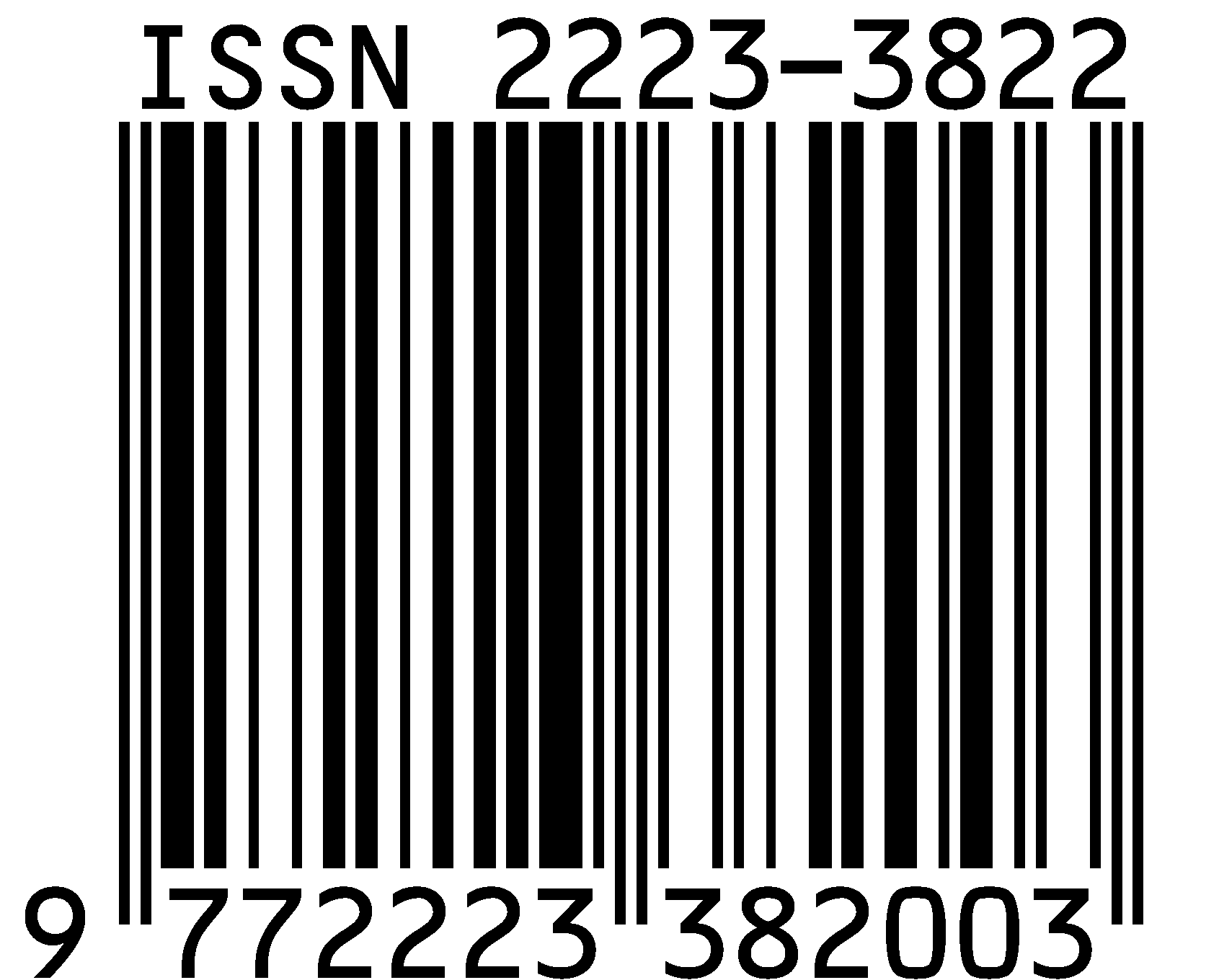The influence of information technologies on the accounting and analytical system of business economic entities
|
Title: |
The influence of information technologies on the accounting and analytical system of business economic entities |
|
Authors: |
Khomуn, Petro |
|
Affiliation: |
Ternopil Ivan Puluj National Technical University, 56 Ruska str., 46001, Ternopil, Ukraine |
|
Bibliographic description (International): |
Khomуn, P., Plyga, U., Sroga, A. & Bula, O. (2021) Vplyv informatsiinykh tekhnolohii na oblikovoanalitychnu systemu subiektiv hospodariuvannia [The influence of information technologies on the accounting and analytical system of business economic entities]. Sotsialno-ekonomichni problemy i derzhava [Socio-Economic Problems and the State] (electronic journal), Vol. 25, no. 2, pp. 491-499. Available at: http://sepd.tntu.edu.ua/images/stories/pdf/2021/21kpissg.pdf |
|
Journal/Collection: |
Socio-Economic Problems and the State |
|
Issue: |
2(25) |
|
Issue Date: |
Nov-2021 |
|
Submitted date: |
Oct-2021 |
|
Date of entry: |
10-Oct-2022 |
|
Publisher: |
Ternopil Ivan Puluj National Technical University |
|
Country (code): |
UA |
|
Place of the edition/event: |
Ternopil |
|
ORCID Id: |
http://orcid.org/0000-0003-3964-6557 |
|
DOI: UDC: |
https://doi.org/10.33108/sepd2022.02.491
657 |
|
JEL: |
M41 |
|
Keywords: |
digitalization |
|
Number of pages:
|
9 |
|
Page range: |
491-499 |
|
Start page: |
491 |
|
End page: |
499 |
|
Abstract: |
The impact of information technology on the organization of accounting for enterprises is examined in the article. The state and main tendencies in the introduction of information technologies in the activity of economic entities are analyzed. Due to the total digitalization there is a complete transformation of economic activity and accounting in enterprises. The changes affected accounting, reporting, analysis and taxation, which are directly related to the operation of enterprises. The functions of the accounting and analytical system of business entities and their role in making management decisions are summarized. It is substantiated that IT-technologies have significantly simplified the collection, storage, transmission of information, as well as increase the accuracy and efficiency of its analysis. The advantages and disadvantages of accounting automation are identified. It is established that modern information and communication technologies necessitate continuous improvement of professional competencies and digital skills of employees, that the digital transformation of accounting, analysis and taxation will make the process of conducting competitive, more efficient and high-quality, as well as simpler and cheaper. The assessment of the modern market of the accounting software which has universal programs for automation of accounting of the enterprises of various spheres of activity which as much as possible consider features of activity of the enterprises is carried out. The most common automated applications for accounting and business management used in Ukraine are presented, and their ratings are analyzed. The influence of digital technologies on making qualitatively new requirements to specialists in the field of accounting is proved, as a result, the development of digital competencies becomes the main requirement for staff. The directions of further scientific researches are defined. |
|
URI: |
http://elartu.tntu.edu.ua/handle/lib/38886 |
|
ISSN: |
2223-3822 |
|
Copyright owner: |
Scientific Journal "Socio-Economic Problems and the State" |
|
URL for reference material: |
http://sepd.tntu.edu.ua/images/stories/pdf/2021/21kpissg.pdf |
|
References (International): |
1. Plikus, I. Y., Osadcha, O. O., Zhukova, T. A. (2019) Rozvytok profesiyi «bukhhalter» v umovakh tsyfrovoyi adzhendy: empirychni doslidzhennya shchodo maybutnʹoho. [Development of the profession of accountant in the context of digital transformation: empirical research on the future of the profession]. Infrastruktura rynku. No 29. URL: http://www.market-infr.od.ua/uk/29-2019. (accessed: 16.10.2021). |
|
Content type: |
Article |
|
Appears in Collections: |
Scientific Journal "Socio-Economic Problems and the State" Vol 2(25) |
| < Prev | Next > |
|---|











